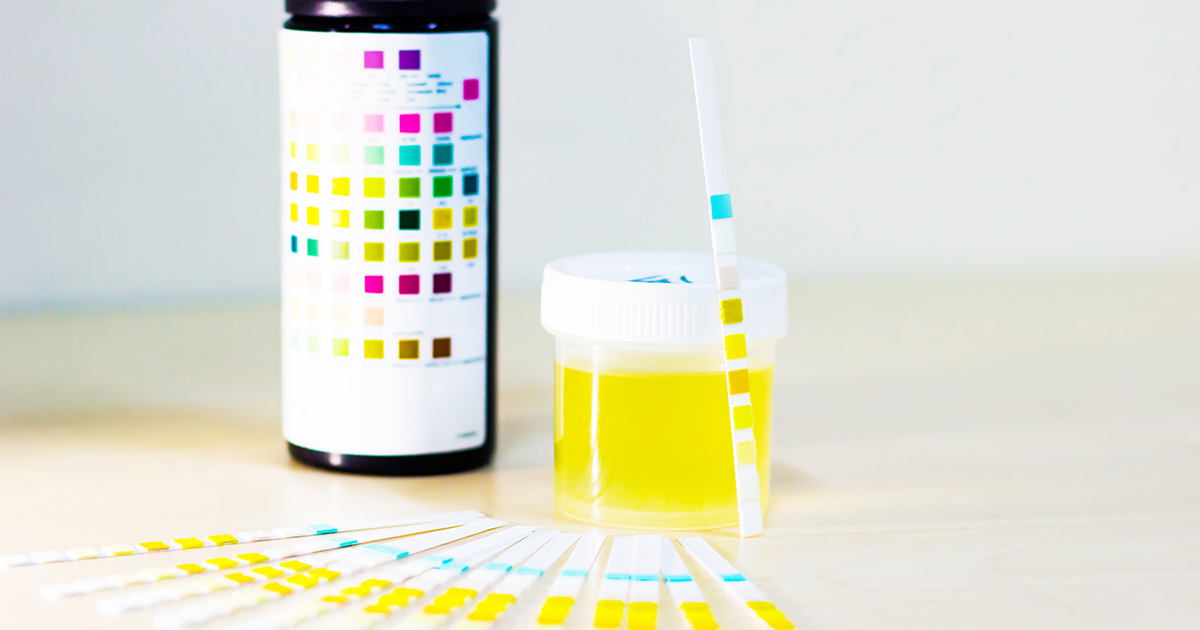What Does eGFR level Stand For?

In medical reports, there can be several numbers related to kidney health. Those concerned about their kidney health should look at the eGFR level for the most accurate reading. eGFR is short for the estimated glomerular filtration rate. It measures the total filtration rates of functioning units called “nephrons” in the kidney. It indicates how well the kidney can filter wastes out of the body. The eGFR level can’t be measured directly. It is calculated by a formula that uses serum creatinine and some demographic factors such as age and gender.
Monitoring the eGFR level helps in detecting kidney problems and its severity. In general, a higher eGFR level means better kidney functions. In contrast, a lower eGFR level means the kidney is not working properly. But what is a normal eGFR level? What does the number indicate?
1. Most healthy people have an eGFR ≥ 90mL/min/1.73 m2. Without kidney damage, an eGFR between 60 – 90mL/min/1.73 m2may also be considered normal for the elderly and infants.
2. eGFR of 60 – 90mL/min/1.73 m2for more than 3 months, along with kidney damage, indicates early kidney problems.
3. eGFR 60 mL/min/1.73 m2for more than 3 months indicates chronic kidney problems.
Support Kidney Health with DTS
Made from natural ingredients with a patented formula, DTS is beneficial for supporting kidney and liver health. Research indicates that DTS is especially beneficial to the eGFR level. Stay consistent with DTS for a minimum of 4-6 months, together with a healthy diet and living habits, is found to be most effective. With no side effects reports from research data and more than 30 years of users experiences, users can take DTS for daily health maintenance without worry.
- * All research and clinical data should be used as reference purposes only, results may vary.




